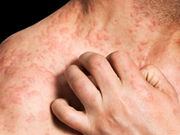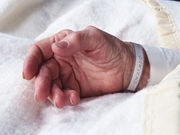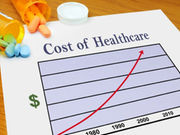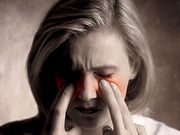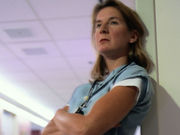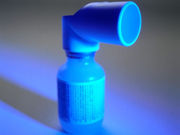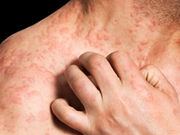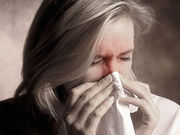Health Expenditures Rising for Middle Class, Wealthy
But, since 2004, simultaneous decline in expenditures for the nonelderly poor
Review Examines Topical Complementary Meds in Eczema
Of six studies displaying superiority to placebo, only two have low risk of bias across all domains
Medicare Spending Up for Decedents Versus Survivors
Average per capita spending for Medicare beneficiaries who died 4-fold higher than survivors
Labor Compensation, Purchased Goods, Service Biggest Spends
Purchased goods and services saw the largest increase in 2012 spending
Nasal Irrigation Offers Some Relief for Sinusitis Patients
Steam inhalation may ease headaches, but no significant improvement in RSDI scores
Burnout Can Have Acute Personal, Professional Consequences
Physician burnout can contribute to failed relationships, substance abuse, suicidal ideation
Fracking Site Proximity May Affect Asthma Exacerbation Risk
Patients living in areas with most activity have higher risk of mild, moderate, severe exacerbations
AD Most Commonly Used Term in Literature for Atopic Dermatitis
AD rarely used until 1970s, then increased and became most popular term used until 2015
Growth in U.S. Health Spending Set to Average 5.8 Percent
By 2025, health spending is expected to account for 20.1 percent of the economy
After Sinus Surgery, Uncontrolled Chronic Rhinosinusitis Common
Based on novel EPOS criteria, 19.5 percent of patients well controlled at three to five years post-op








